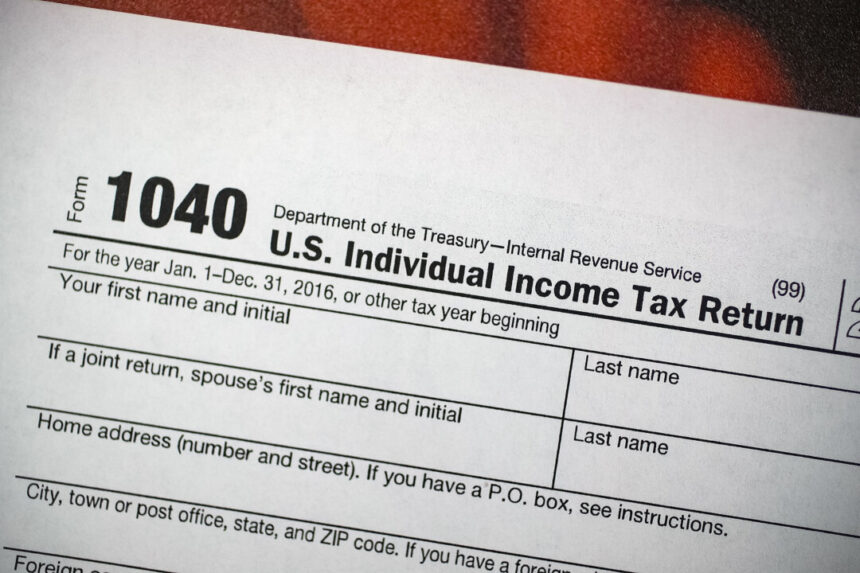Evidence suggests that major tax increases, particularly those aimed at investors, played a significant role in causing, intensifying, and prolonging the Great Depression. Republican President Herbert Hoover and his Democrat successor, Franklin Roosevelt, implemented policies such as the Smoot‐Hawley tariffs, retroactive tax rate increases, and new taxes on farming and capital. These actions, coupled with over-regulation and a reduction in the money supply by the Federal Reserve, contributed to the economic downturn.
Despite previous policies that supported private investment, such as tax cuts under President Calvin Coolidge, the tax burdens imposed by Hoover and FDR hindered economic growth. Roosevelt’s justifications for tax increases in the 1930s echoed current rhetoric from President Biden, emphasizing fairness and claiming to reduce taxes for ordinary Americans.
President Biden’s proposed tax increases, including raising the corporate income tax rate, may have negative consequences on the economy. Returning to higher marginal income tax rates and reducing deductions could impact businesses and individuals, potentially hindering economic growth. In a globalized economy, high tax rates may drive companies to relocate to countries with more favorable tax environments, reducing competitiveness and economic activity. Corporate tax in the United States would result in the country having the second-highest corporate tax rate among all nations in the Organization for Economic Co-operation and Development (OECD), surpassing even communist China. President Biden is also looking to increase the federal tax rate on long-term capital gains to 44.6 percent, the highest in a century. When combined with state capital gains taxes, this would mean that federal and state governments would take more than half of the financial gains in populous states like California, New York, New Jersey, Minnesota, and Oregon.
Capital gains taxes are imposed on the increase in the value of an asset, such as stocks, determined by a market sale. Imposing high taxes on capital gains not only penalizes successful investments and companies but also restricts wealth from being invested in more promising ventures. Alan Reynolds found that during the Depression era, capital gains realizations collapsed when taxes were increased and surged when taxes were cut.
Dr. Philip Fischer has observed that history shows that increased taxes tend to persist into the future, affecting investor decisions. Wealthy individuals may hold back investments if they anticipate government interference in their returns. This reluctance to invest may lead to job losses and economic downturns, ultimately impacting those who would have benefited from new job opportunities. It is essential for policymakers to understand the implications of tax policies on wealth creation and economic growth.
Source link






